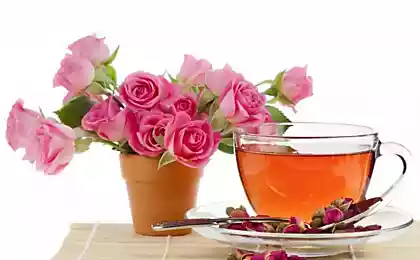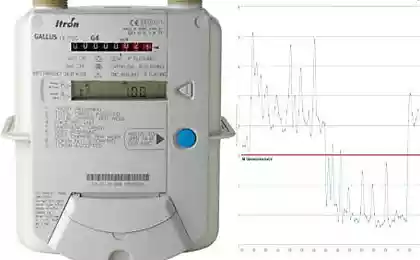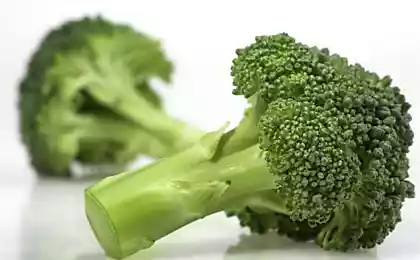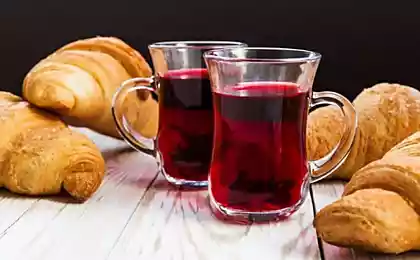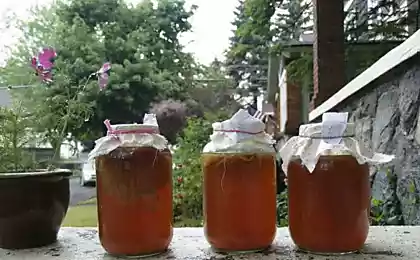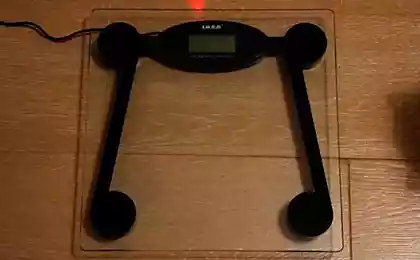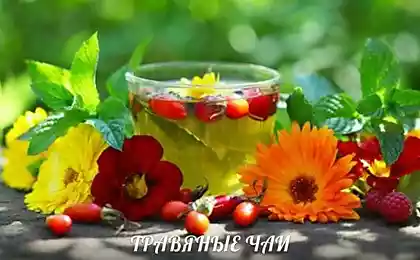485
Hibiscus tea
Tea: hibiscus (karkade), very useful. Substances causing its red color – anthocyanins possess pronounced P-vitamin activity, they strengthen blood vessel walls, regulate their permeability and blood pressure, in hot tea it increases and cold decreases. Has antispasmodic and diuretic.
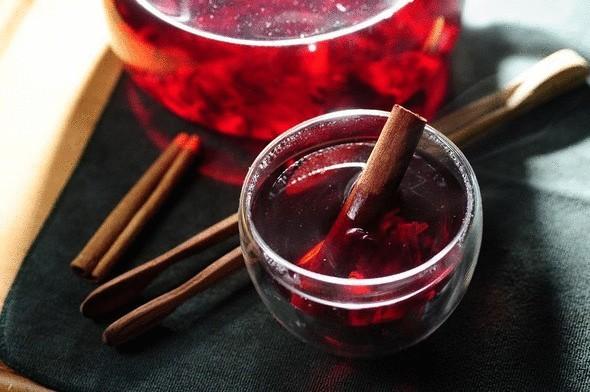
Improves the General condition. Contained in the hibiscus flavonoids – quercetin, enhance the effect of anthocyanins, help the body cleansing. Excreted waste products of metabolism. Stimulates the production of bile and improves liver protection from adverse influences, improves the metabolism.
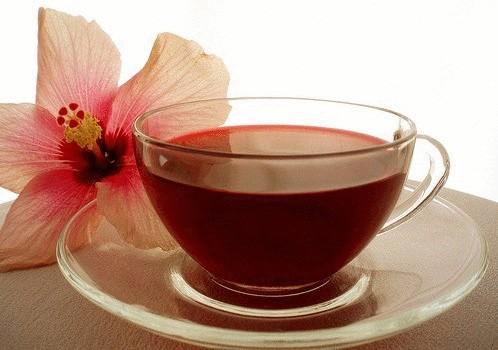
Kills some pathogens that can be used as an anthelmintic. Citric acid gives the drink a pleasant taste, it is refreshing in the heat and under elevated temperatures. Hibiscus contains no oxalic acid, therefore safe for kidney patients. Ascorbic acid in it a little, but its effects are mutually potentiated by flavonoids and anthocyanins".
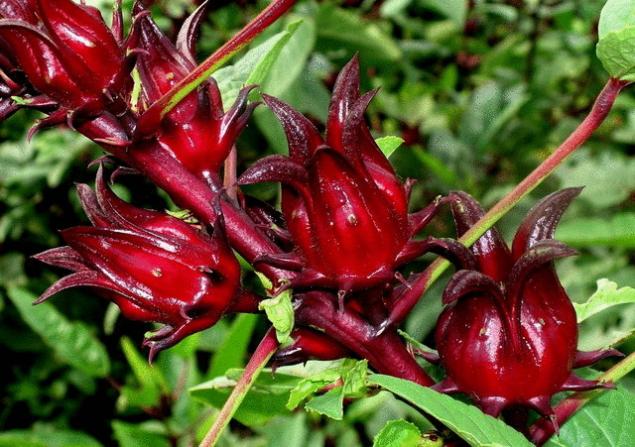
An interesting feature of the finished beverage is that hot it increases blood pressure, and cold lowers. It is also helpful to eat when soaked leaves of the calyx, they are a valuable food product: contain from 7.5 to 9.5% protein, which is composed of 13 amino acids, including 6 irreplaceable. Also they contain polysaccharides, including pectin (2,4%), which promotes the release of intestinal toxins and heavy metals. Hibiscus can be used both with sugar and without.
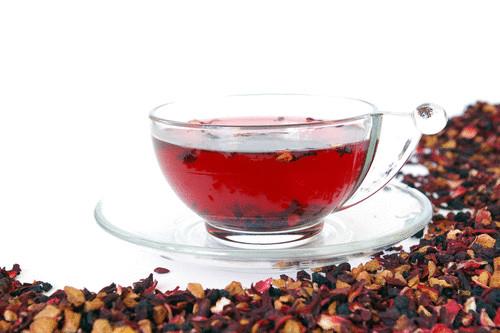
The taste and aftertaste of the drink (very original, by the way) is very dependent on whether or not it is strong brewed. Used to restore vital energy tonic "Hibiskus" improves the exchange of substances in the body, has sedative (calming) effect, bactericidal (kills germs) effect, cleanse the liver, clears and improves the genitourinary system, has beneficial effects on the activity of the pancreas, regulates the stomach, especially in persons with gastritis and colitis, and has preventive properties against influenza.
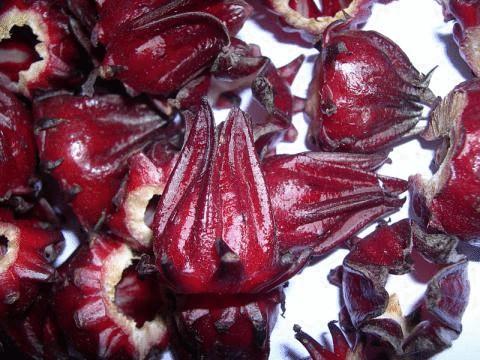
Source: /users/117

Improves the General condition. Contained in the hibiscus flavonoids – quercetin, enhance the effect of anthocyanins, help the body cleansing. Excreted waste products of metabolism. Stimulates the production of bile and improves liver protection from adverse influences, improves the metabolism.

Kills some pathogens that can be used as an anthelmintic. Citric acid gives the drink a pleasant taste, it is refreshing in the heat and under elevated temperatures. Hibiscus contains no oxalic acid, therefore safe for kidney patients. Ascorbic acid in it a little, but its effects are mutually potentiated by flavonoids and anthocyanins".

An interesting feature of the finished beverage is that hot it increases blood pressure, and cold lowers. It is also helpful to eat when soaked leaves of the calyx, they are a valuable food product: contain from 7.5 to 9.5% protein, which is composed of 13 amino acids, including 6 irreplaceable. Also they contain polysaccharides, including pectin (2,4%), which promotes the release of intestinal toxins and heavy metals. Hibiscus can be used both with sugar and without.

The taste and aftertaste of the drink (very original, by the way) is very dependent on whether or not it is strong brewed. Used to restore vital energy tonic "Hibiskus" improves the exchange of substances in the body, has sedative (calming) effect, bactericidal (kills germs) effect, cleanse the liver, clears and improves the genitourinary system, has beneficial effects on the activity of the pancreas, regulates the stomach, especially in persons with gastritis and colitis, and has preventive properties against influenza.

Source: /users/117
